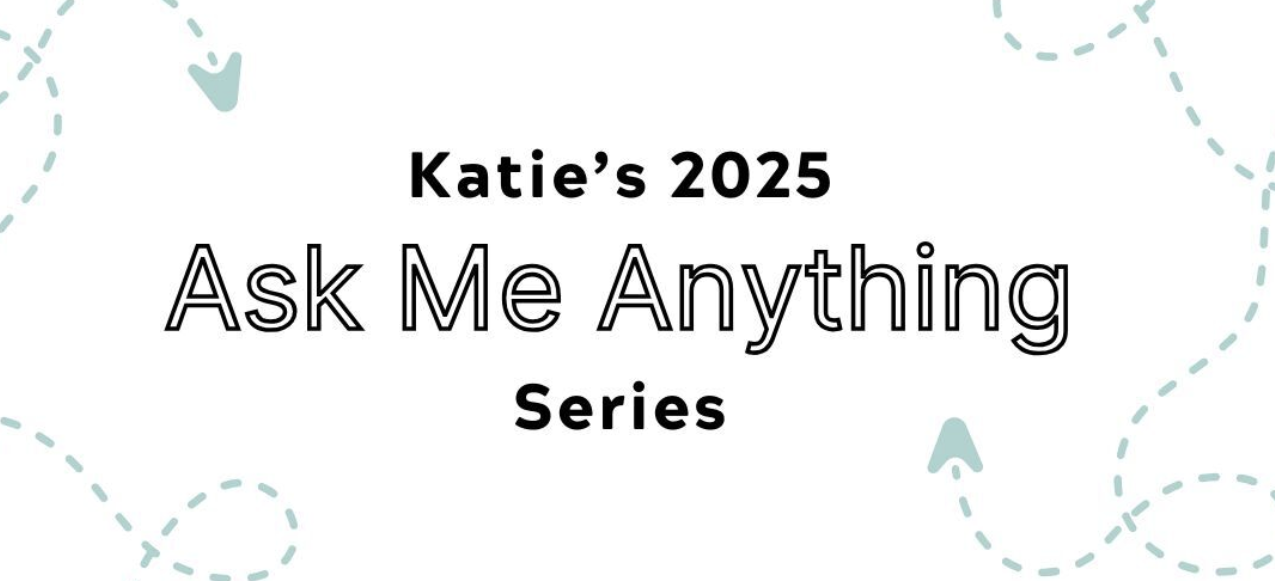Since I started my new job about two months ago, professional development reading has been a big priority for me. I’m taking on a lot of new challenges and responsibilities and I want to be as prepared as I can be for whatever comes my way.
I shared in a recent podcast episode about creating an intentional to-be-read (TBR) list and that’s part of what’s helping me read so much — I always know the next book on my list! (Remember, you can always follow me on Goodreads to see what I’m currently reading.)
Here are the books I’ve read since I’ve started my new role, including why I chose these to be at the top of my stack:
The Provost’s Handbook by James Martin and James Samels. It’s been several years since I reported to a provost, so I wanted to pick up this book to remind myself of the portfolio that’s typically assigned to a chief academic officer. I appreciated the wide range of topics covered here and it helped me better understand how to approach my updates with my boss to ensure that I’m being as efficient and informative as possible.
Seeing Around Corners by Rita McGrath. This was one of the first books that I picked up because it’s about inflection points, or times when what we know to be normal completely changes (hello, pandemic!). As we emerge from this pandemic period, there are a lot of industry shifts happening in higher education, especially related to online teaching and learning, so this book offered a helpful framework for me to think through some of those transitions.
Becoming Hispanic-Serving Institutions by Gina Ann Garcia. The institution that I joined is an emerging Hispanic-Serving Institution (HSI) and I’ve never worked for one before. I wanted to learn what I could about some of the main issues and challenges facing HSIs to see what might overlap with my role. I thought this book was an excellent introduction to the things I need to be thinking about.
Your First 100 Days in a New Executive Job by Robert Hargrove. The title of this book makes why I picked it up kind of obvious. I really appreciated the author’s focus on goal setting and prioritizing projects, which is what I spent quite a bit of time thinking about my first several weeks on the job. I’ve collected a lot of projects so far, but this book helped me think through their impact on the bigger picture and where to put most of my time and energy.
Primal Leadership by Daniel Goleman, Richard E. Boyatzis & Annie McKee. I’m always working on further developing my emotional intelligence and that is the main topic of this book. It offered some helpful examples of how emotional intelligence applies specifically to the leadership context, so I was able to think about EI skills in some new ways.
Crucial Conversations by Kerry Patterson, Joseph Grenny, Ron McMillan, & Al Switzler. I loved this book and plan to re-read it regularly. It offers great tips and strategies for managing emotions when stakes are high. Since I deal with a lot of negotiation in my role, as well as some pretty highly-charged situations, this was a really helpful resource. I recommend it for anyone who is conflict avoidant or who has challenges communicating in stressful situations.
Theorizing the Resilience of American Higher Education by Geoffrey Cox. Before I started my new role, I agreed to write a chapter on the “post-pandemic university” for an upcoming edited volume. I picked up this book to start my research for that chapter since I’ll be focusing a lot on change management and organizational development.
Change Leadership in Higher Education by Jeffrey Buller. I also picked up this book for the chapter that I’m drafting, but it’s pretty applicable to a lot of my work right now as well. I appreciated how this author critically examines a lot of the cornerstone theories of change management to explore how they work (or not) in a higher education context. I recommended this one to several colleagues already and plan to revisit it in the future.
Coronovirus Leadership and Recovery by Harvard Business Review. I picked up this collection of essays because it seemed timely. It’s a short volume that is pretty comprehensive in terms of topics, but I didn’t really get anything new from it that I hadn’t gathered from reading other industry articles and news items. I think that I might have found it to be more relevant earlier in the pandemic.
On Mental Toughness by Harvard Business Review. I turned to this book for a couple reasons. The first is that I’m always interested in reading more about resilience (especially in the middle of this pandemic period), and this book fit the bill. The second reason is that I want to develop a bit of a thicker skin as a leader who will be receiving feedback and criticism from a range of sources. Keeping a cool head in situations where I’m hearing something difficult or challenging will help me to better evaluate what is true, useful, and worth giving time and attention to from what I’m hearing.
Leading Academic Change by Elaine Maimon. I’m about to embark on a large change management project at my institution, so I picked up this book to hear advice and examples from an experienced leader in the field. The examples were the most helpful component of this book for me and I appreciated the author drawing from a range of executive-level experiences.
Understanding the Latinx Experience by Vasti Torres, Ebelia Hernandez & Sylvia Martinez. As an emerging HSI, my institution has a large population of students who identify as Hispanic or Latinx. This book offered a qualitative understanding of a range of experiences of this group of learners and I found the stories compelling and helpful as I think about how best to serve a very diverse group of students on my campus.
Every Other Thursday by Ellen Daniell. This book was one that I turned to for fun. It’s kind of a memoir about a group of women scientists who’ve met every other week to support each other professionally and personally for about 25 years. I loved reading their stories, hearing about their challenges and triumphs, and getting some advice for my own career stage along the way.
Best Practices for Administering Online Programs by Daniel Hillman, Robert Schudy & Anatoly Temkin. Part of my new role includes overseeing the online programs for our institution and supporting our faculty when they want to create new programs. There were sections of this book that I knew very well (such as online course design), but I really enjoyed and learned a lot from the sections on marketing, program life cycles, and program assessment.
Looking ahead, I have a full stack of books for the coming months! Some of the topics I’ll be exploring include dual enrollment programs, the transfer student experience, higher education governance, and best practices for engaging with committees.
What’s on your professional development reading list these days?



